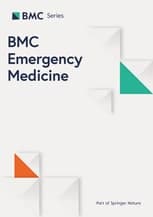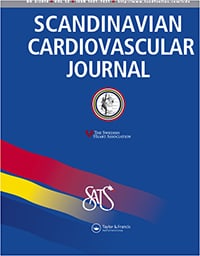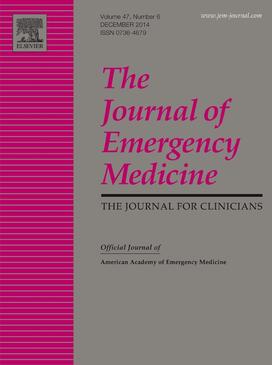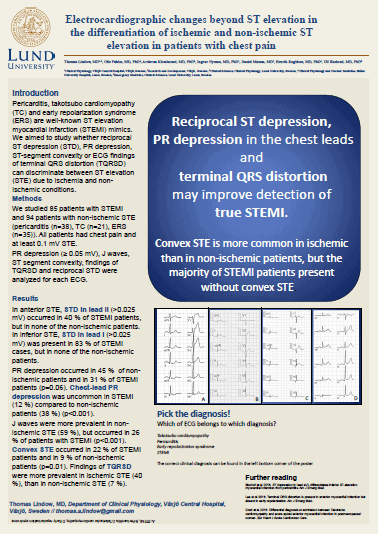Effectiveness and Safety of the European Society of Cardiology 0-/1-h Troponin Rule-Out Protocol: The Design of the ESC-TROP Multicenter Implementation Study
Chest pain is one of the most common complaints at the emergency department (ED), and it is commonly the perceived likelihood of acute coronary syndrome (ACS) that drives management. Guidelines from the European Society of Cardiology (ESC) recommend the use of a 0-/1-h high-sensitivity cardiac troponin T (hs-cTnT) protocol to rule out or in ACS,…


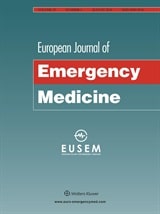
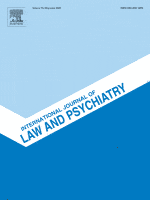
![Corona is a Threat to Sweden´s National Security [Swedish]](https://ardavan.se/wp-content/uploads/2018/08/logo-og.png)
